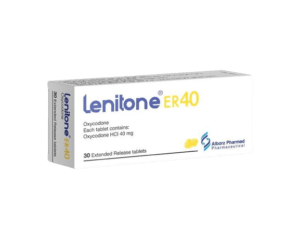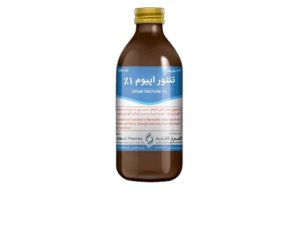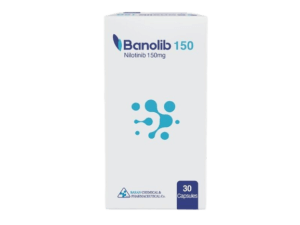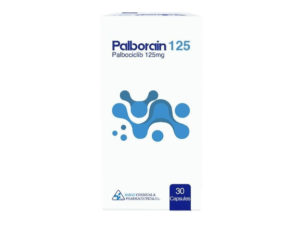FINISHED DOSAGE FORM
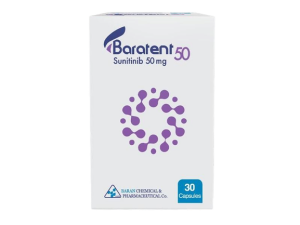
Baratent inhibits cellular signaling by targeting multiple receptor tyrosine kinases (RTKs). These include all receptors for platelet-derived growth factor (PDGF-Rs) and vascular endothelial growth factor receptors (VEGFRs), which play a role in both tumor angiogenesis and tumor cell proliferation.
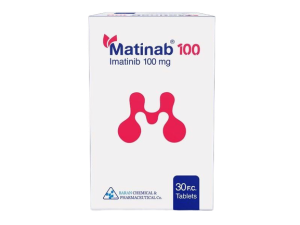
Matinab is a protein-tyrosine kinase inhibitor that inhibits the bcr-abl tyrosine kinase, the constitutive abnormal tyrosine kinase created by the Philadelphia chromosome abnormality. It inhibits proliferation and induces apoptosis in bcr-abl positive cell lines.
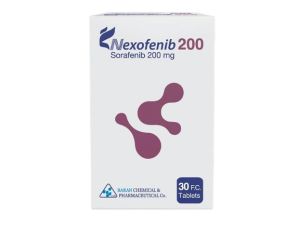
Nexofenib is a kinase inhibitor that decreases tumor cell proliferation. Sorafenib was shown to inhibit multiple intracellular (c-CRAF, BRAF and mutant BRAF) and cell surface kinases (KIT, FLT- 3, RET, RET/PTC, VEGFR-1, VEGFR- 2, VEGFR- 3, and PDGFR-ß). Several of these kinases are thought to be involved in tumor cell signaling, angiogenesis and apoptosis.
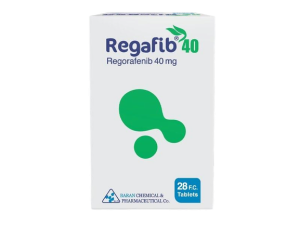
Regafib is a small molecule inhibitor of multiple membrane-bound and intracellular kinases involved in normal cellular functions and in pathologic processes such as oncogenesis, tumor angiogenesis, and maintenance of the tumor microenvironment.

Lenitone is a brand name for a pain medication in the opioid class (narcotic drugs) that contains the extended-release oxycodone. This product helps to manage pain severe enough to require continuous, long-term opioid treatment, and for which there are no alternative options to treat the pain.

Opium tincture belongs to the same class of medicines as the narcotic pain relievers. However, this medicine is used to decrease the number and frequency of bowel movements. It is used to treat diarrhea.

Banolib is a tyrosine kinase inhibitor of the BCR-ABL protein that binds to and stabilizes the inactive conformation of the kinase domain of the Abl protein of the Bcr-Abl fusion protein, resulting in the inhibition of the Bcr-Abl-mediated proliferation of Philadelphia chromosome-positive (Ph+) chronic myeloid leukemia (CML) cells.

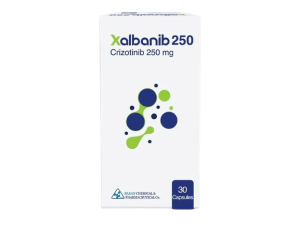
APIs

ONCOCAP
Capecitabine is an orally-administered chemotherapeutic agent used in the treatment of metastatic breast and colorectal cancers. Capecitabine is a prodrug that is enzymatically converted to fluorouracil (antimetabolite) in the tumor, where it inhibits DNA synthesis and slows growth of tumor tissue.

Regorafenib
Regorafenib is an orally-administered inhibitor of multiple kinases. It is used for the treatment of metastatic colorectal cancer and advanced gastrointestinal stromal tumours. FDA approved on September 27, 2012.

Sunitinib
Sunitinib is a multi-targeted receptor tyrosine kinase (RTK) inhibitor that was approved by the FDA for the treatment of renal cell carcinoma (RCC) and imatinib-resistant gastrointestinal stromal tumor (GIST) on January 26, 2006.

Imatinib
Imatinib is a small molecule kinase inhibitor used to treat certain types of cancer. It is occasionally referred to as CGP57148B or STI571 (especially in older publications). It is used in treating chronic myelogenous leukemia (CML), gastrointestinal stromal tumors (GISTs) and a number of other malignancies.

Sorafenib
Sorafenib interacts with multiple intracellular (CRAF, BRAF and mutant BRAF) and cell surface kinases.Sorafenib inhibits multiple tyrosine kinases and the growth of cancer cells.

Nilotinib
Nilotinib (trade name Tasigna) is a tyrosine kinase inhibitor under investigation as a possible treatment for chronic myelogenous leukemia (CML).
FOR MORE INFORMATION YOU CAN GET OUR CATALOG HERE .





